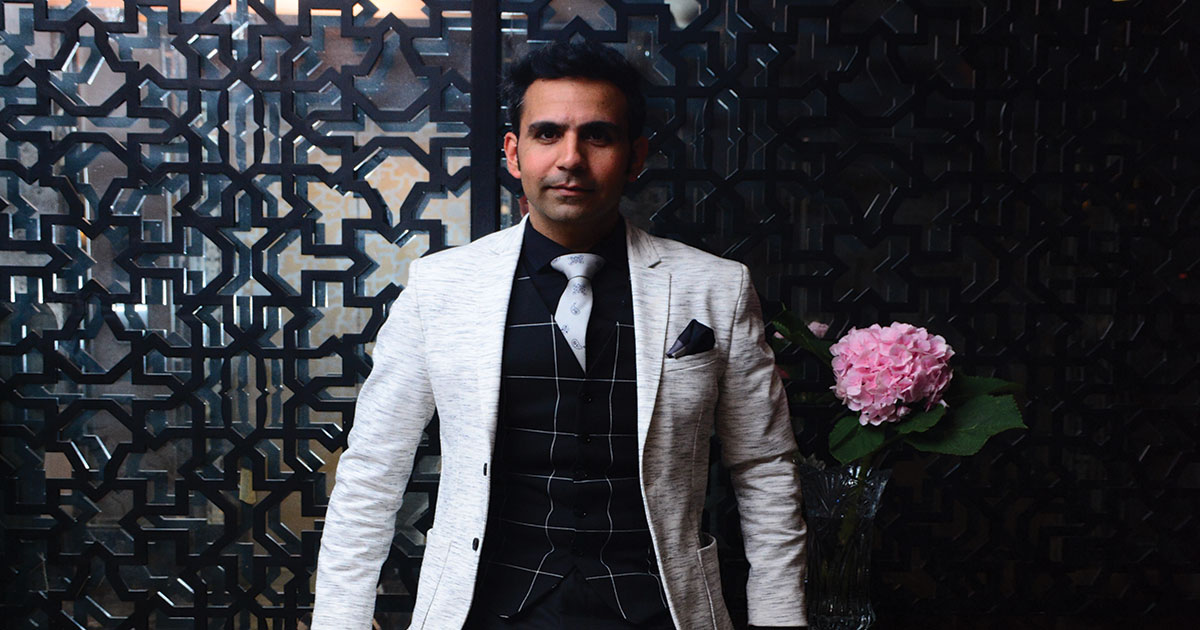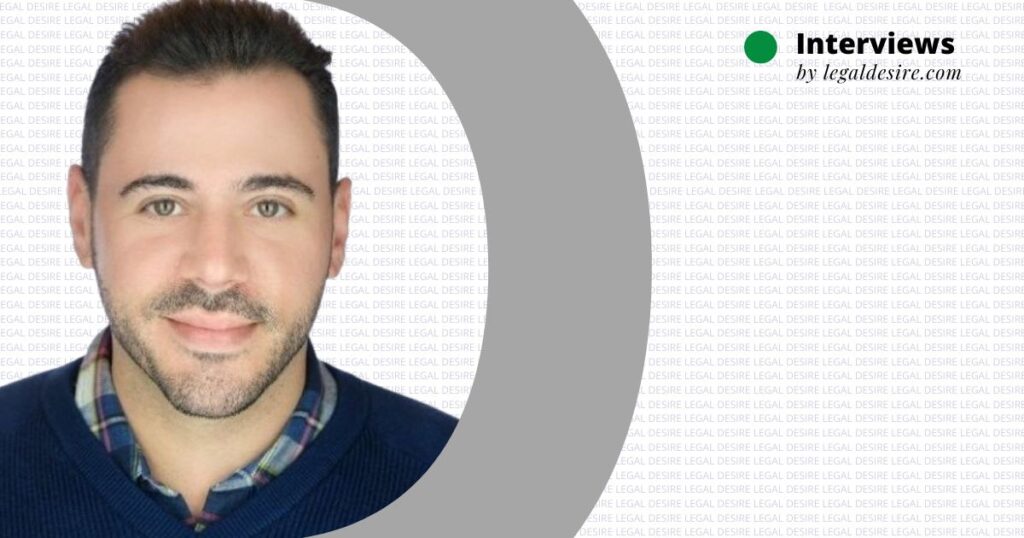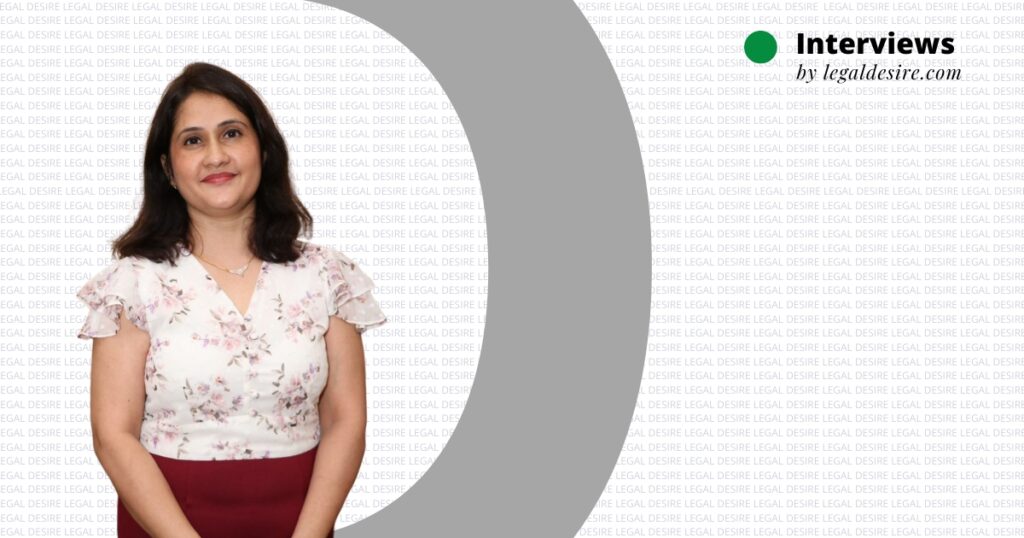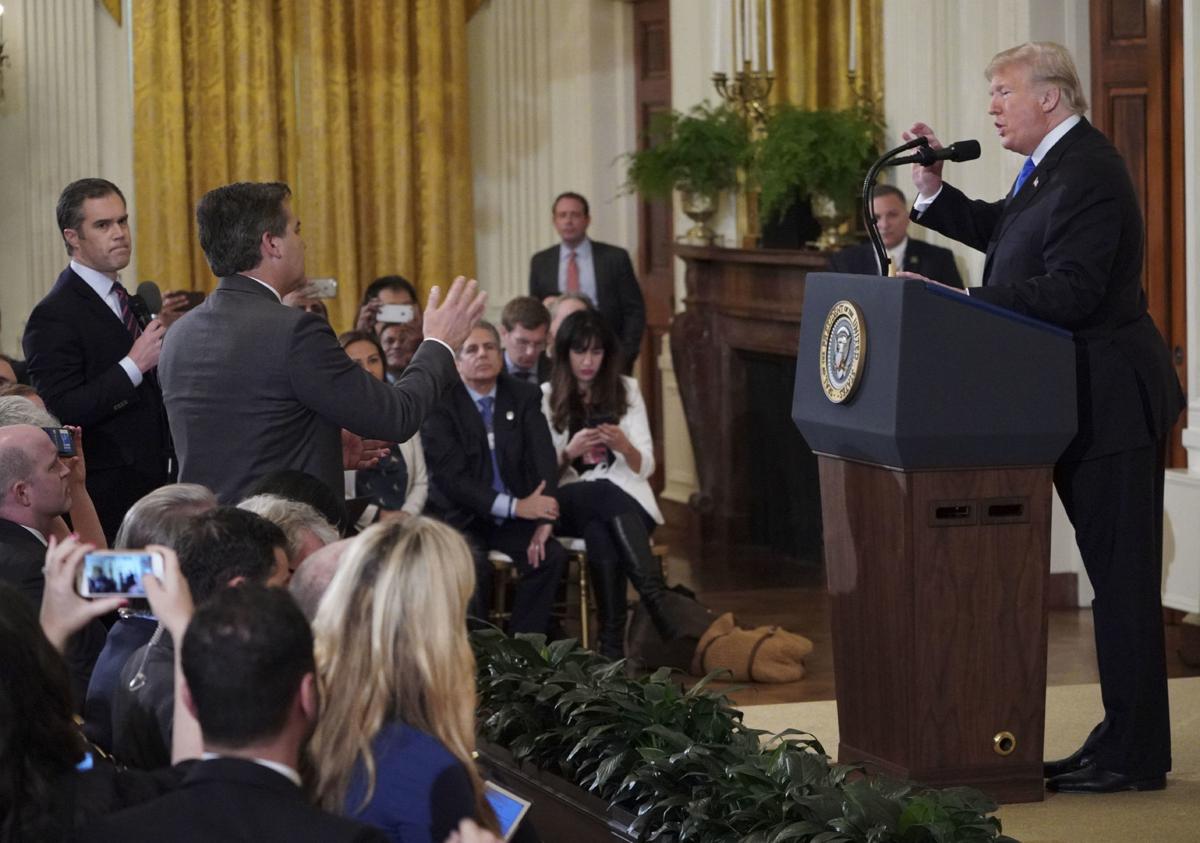Now Reading: In Conversation with Nipun Bhatia of Legal League Consulting to discuss about emerging field of Legal Practice Management
-
01
In Conversation with Nipun Bhatia of Legal League Consulting to discuss about emerging field of Legal Practice Management

In Conversation with Nipun Bhatia of Legal League Consulting to discuss about emerging field of Legal Practice Management
In conversation with Nipun Bhatia who is presently Vice-President, Strategic Management & Process Redesigning at Legal League Consulting to discuss about a new dimension in Law i.e, Legal Practice Management, a new promising field in Law. He joined Legal League Consulting as a Senior Consultant in 2012, with special expertise in the areas of Finance, Accounts, Human Resource Management and Operations. His innate prowess in people skills, along with his educational background as a qualified Chartered Accountant and Lawyer, makes him a first choice by many law firms to handle their Finance, HR, Operational and structuring requirements.
Here is the insightful conversation between him and Anuj Kumar, Founder & Editor-in-Chief, Legal Desire:
Anuj: The primary area of your work is ‘Legal Practice Management’, an area that is not only niche but also very new and innovative. What constitutes ‘Legal Practice Management’?
Nipun: Legal Practice Management is still a developing concept in India and Legal League Consulting is proud to be India’s first management consultants to global legal Industry. Legal Practice Management is an umbrella phrase that encapsulates all areas of managing legal practice, covering both Indian and International Law Firms, as well as Corporate Legal Departments. Talking of the specific areas, it covers Strategic Planning, Synergies & Alliances (including Mergers, Acquisitions & Collaborations), Partnership Structuring, Compensation Benchmarking & Structuring, Practice Development, Brand Enhancement, Technology Upgrade & Automation; and aspects related to Human Resource Management. Being deeply entrenched in the legal field, which is a service-driven industry, a large part of our work surrounds people management and we play pivotal role in lawyers’ Training & Development, Productivity Analysis, Career Progression, Performance Management & Evaluation and Incentives & Rewards.
Anuj: You joined Legal League Consulting as a Senior Consultant and today you are the Vice President in Strategic Management & Process Redesigning. How has the journey been for you?
Nipun: Exhilarating is the word! There has never been a boring day at work as there is so much that I have got to experience in such little time. The sheer variety of our service offerings has ensured that we get to assist our clients in diverse areas every single day. Considering the metamorphosis legal industry is experiencing today, there is a tremendous fall-back on management consultants like us, for not just macro-level expert advice, but also bespoke implementation support. When I started my journey as a Senior Consultant, there was more thrust on the implementation and execution aspect. This paved way for me to understand the finer nuances of running a law firm or managing a legal department. Frequent interaction with show-runners like Managing Partners, Partners and General Counsels, enabled me to get under their skin and hone my skills for assisting them at macro level in strategic planning and designing the course of future growth of their practice. I am extremely satisfied with the opportunities this sector has provided me and I am committed to make a difference in whatever way I can.
Anuj: What do you think about the future of ‘Law Firm Management’ in India?
Nipun: The journey has just begun. Over the period, I have been witness to changing attitude of decision makers. The approach today is more inclusionary and third-party consultants like us are valued for our unbiased and professional advice. Law Firms are progressively approaching us for a lot of trust-based assignments like advising on merging their practices/firms and taking direct client feedback for performance of their partners and lawyers. We are largely being consulted for very innovative and hybrid partnership structuring and this is coming from law firms which were known for being traditional and conservative in their approach. We are involved in macro level financial analysis and are increasingly advising firms on their financial health and how can they augment their top line through change management. In the event liberalization happens, putting our house in order first must be on the cards for law firms. However, regardless of whether it happens or not, I feel that in times to come, more firms will realise the need of consulting professionals like us as we bring awareness towards adopting global best practices.
Anuj: Do you think there are short-cuts to success? Can ‘smart work’ replace ‘hard work’ in true sense?
Nipun: This is a tricky question! Success definitely has no short-cuts and even if you do achieve success through short-cuts or unethical means, it neither lasts long, nor would you enjoy the taste of it. I personally believe that hard work paves way for smart work. If you put your heart and soul into your work and dive deep, you will eventually develop a learning curve through which you wold be able to master some of the areas of your work. As someone who has been in the industry for ten years, it worries me that lawyers in their formative years are concerned for remuneration or designation or other material cravings; whereas the focus should be on bettering their craft. The budding lawyers are increasingly coming to the profession with a sense of entitlement whereas the attitude should be to grasp knowledge, learn the practical application of law and then give back to the profession that gives you your very existence. I would only advise my younger friends out there that you’ve chosen a profession that is more remunerative in the latter years of your life, never choose short-cuts over success achieved through hard work and perseverance.
Anuj: A large section of students may not truly be aware of what does it take to be reckoned as a complete lawyer? What other skills other than practicing law in traditional fashion are required for the same?
Nipun: Lawyers are not constrained to provide legal advice only. Today, a lawyer’s role has evolved and they are largely emerging as comprehensive package. General Counsels and Legal Heads are involved from the very beginning of every strategic move by an organization, instead of involving them at a specific phase to serve just the legal part of a transaction. Similarly Partners and Managing Partners are not just adept at their technical knowledge, but to run a profitable practice, they have to look at various responsibilities like branding, business development, showcasing thought leadership, managing team and aligning themselves to vision of the firm. Law graduates need to understand that becoming a good lawyer is not just about how good are you with your court craft or your negotiation skills, it is about whether you can eventually institutionalize the practice through developing clients, efficiently managing the resources and creating a legacy of knowledge through use of technology. Another very important area which is often neglected by the young lawyers is to truly understand the commercial aspects of a deal/matter and also empathize with their clients. If they dwell deeper into the industry sector in which a client operates, study the nature and strategy of each client (whether the client is pro-litigation or more conciliatory) and make an effort to comprehend the business viability of their legal advice, they will be closer towards being reckoned as a complete lawyer.
Anuj: While Legal League Consulting has been the flag bearer of progressive best practices for law firms, do you think ‘Work Life Balance’ can be included as a part of your HR Philosophy in Law Firms?
Nipun: In every service industry, not just legal, deliverables are driven by the needs of the clients. Our field becomes more demanding because stakes are usually very high and the turnaround speed can make or break a matter. There are several occasions where the lawyers will have to work round the clock to ensure a favourable outcome for the clients. While I do understand these pressurizing situations, there are certain fundamentals which must be kept in mind. First and foremost, ensure sufficient bandwidth so that instances of late-working or working on tight deadlines are an exception and do not become the default way of functioning. Secondly, if resources are pulled for an urgent matter, ensure that they are given a sufficient down-time to rest and rejuvenate before they report to work on the forthcoming day. The stay for the extra hours should be made as comfortable as possible. Offering meals and transport back home are some compassionate measures that can be offered as courtesy. More importantly, what matters is the approach with which resources are asked to make extra efforts. Team Heads and Reporting Partners should lead by example and stay with the team for support rather than dictating them to deliver in late hours and not be a part of the work being done.
Anuj: You have worked with best of Intellectual Property Firms of the country. Is there any specific reason for interest in this area of law and what, according to you, is the future of IP practice for firms?
Nipun: IP Firms provide a very interesting platform where best of management practices could be put to practical utilization. Most of the IP Firms offer a range of activities that combine not just procedural and form-driven activities (say search services, new trademark filing, renewals, etc.), but also high end advisory and contentious matters. Challenges these firms face in terms of revisiting their pricing and innovating their fee structures are intriguing to study and combat. Besides a large part of their work is executed by paralegals, who are not lawyers but are still fee-earners for the firm. This has, in several firms, lead to lawyer-paralegal divide where each of these sections engage in a sort of competition rather than working as a team. This provides an interesting landscape for us to practically put to use our human resource management skills, bridge the gaps and develop a cohesive working environment by highlighting the contribution of each section to the growth of the firm. Besides, I am also personally dedicated to change the perception of a section of lawyers that considers IP lawyers as not even true lawyers, given the nature of procedural work they handle.
Our economy is going through a very dynamic phase. The environment is conducive for start-ups and developing of new businesses; and for the same it is essential to foster a culture of research and development. An effective IP regime is fundamental to protect and encourage this culture. With ease of doing business ranking going up substantially, more and more foreign investors are expressing their interest in deepening their presence in India and this perhaps is the best time for IP lawyers to contribute to the growing economy by way of protecting the rights of those who innovate their faculties and expend their mental labour in developing intellectual property.
Share your feedbacks to info@legaldesire.com










